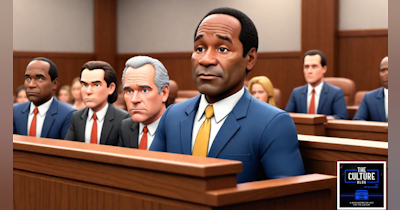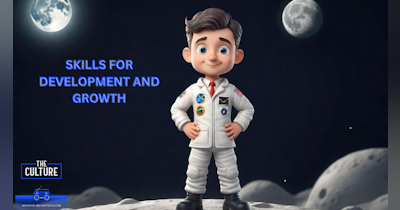Something remarkable was taking place in the South Bronx of New York City in the late 1970s. It was an underground movement that emerged from the hopes and hardships of underprivileged groups. The world had no idea that this movement, called hip-hop, would grow beyond its modest origins to become a major force in popular culture and a worldwide phenomenon.
Hip-hop culture is a complex phenomenon that includes breakdancing, graffiti art, DJing, and rap music, among other things. In the beginning, it gave the marginalized a voice and a forum for expression in the face of social and economic hardship. The unadulterated sincerity and fearless poetry struck a chord with a generation yearning for transformation.
Hip-hop's influence started to permeate the larger cultural landscape as it became more popular in American cities. Hip-hop's vivid sounds and techniques were first introduced to the public in the 1980s by performers like Run-D.M.C. and LL Cool J. All of a sudden, the music transformed into a movement.
Hip-hop had a golden age in the 1990s, marked by ground-breaking records by musicians like Nas, The Notorious B.I.G., and Tupac Shakur. These musicians were narrating tales of adversity, tenacity, and victory in addition to their music. Hip-hop gave a generation a voice by bluntly tackling problems like racism, poverty, and police brutality.
As the new millennium dawned, hip-hop continued to evolve, embracing new sounds and styles while maintaining its core principles of authenticity and self-expression. Artists like Kanye West, Jay-Z, and Eminem emerged as cultural icons, transcending the boundaries of race, class, and geography.
The impact of hip-hop has only increased in the era of social media and digital streaming. Its influence goes well beyond only music; it also shapes language, fashion, and even politics. Hip-hop has influenced every facet of popular culture, from hashtag challenges to viral dance crazes.
Hip-hop has such a profound effect on mainstream entertainment that it is hard to picture modern times without it. Its lingo fills our lexicon, its beats rule the airwaves, and its dress sets the trends. The distinctions between hip-hop and pop culture have become increasingly hazy, with hip-hop soundtracks appearing in Hollywood productions and luxury corporations teaming up with rap artists.
But amidst its commercial success, hip-hop remains rooted in its origins—a voice for the voiceless, a mirror reflecting the realities of life in marginalized communities. As hip-hop continues to shape the world, let us not forget the struggles and sacrifices of those who paved the way. Hip-hop culture may have become pop culture, but its spirit remains as powerful and relevant as ever.












